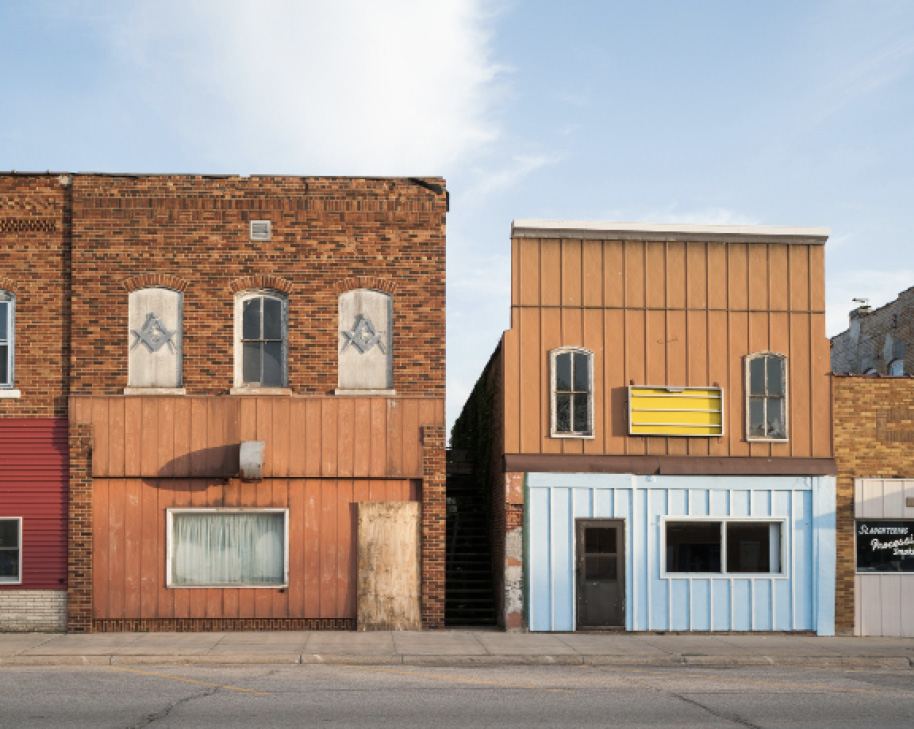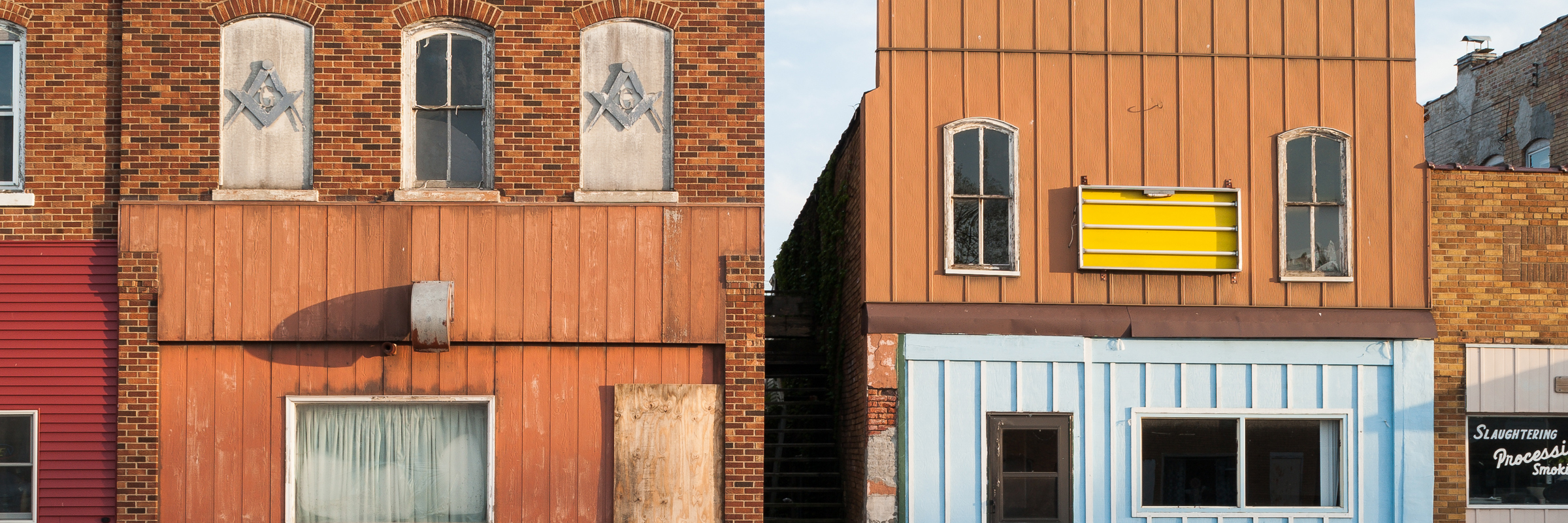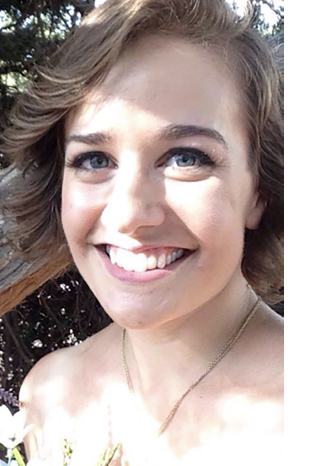The Edge of the World
I live now at the edge of town, a wild concept to my city friends,
and to myself, until I moved here, hung laundry on a line
for the first time, and walked by staring dogs tied up in yards.
I walk from town; the edges make a mood.
The air, tip of November, and the blurry, quilted sky,
stained with sunlight, is my only question
and it too has a border line. I walk and know
where all things start and end. My shoes crackle
on the gravel and I step off the trail to
trace the rusted train tracks’ flow.
The lines, god, the lines. They drape along the shouldered poles
and past a wire cow-fence. Girdled silos
dot the infinite design of cornfield rows.
I tell my old friends in the city: there really is a place
beyond where dirt, tracks, grass, and sky
convince the stranger into highest company.
My eye reaches to the oldest edge,
the gravity of spaces larger than myself.
A distant dog howls with the wind and I,
framed by all horizons, lose my end.
There Won’t Be Much to Say
“And afterwards there won’t be much to say.”
Burraga pulled the glove off of his hand.
He always did that: butchered meat “in-glove”
as mother put it, when the elk was bare
across the table, her secret places
open to the world. Burraga said his
palms would keep the scent if he skinned a kill
without them on. “Who cares?” I asked. He rolled
his eyes, and then told me all the things
that you could miss if girls said that you smelled.
I listened and wondered how a man
could tell which woman he would want to love.
I thought it came upon you, like a train,
the tickets handed out most every year.
You waited on the platform for a sign
of someone in the car you wished to see.
A wide-brimmed hat would pass you in the crowd.
A handkerchief would wave outside the glass,
and you would board to do these things, which he
thought worthy of the gloves he wore. I asked,
“What happens after?”
“After’s when you pay.”
I looked up to this man, and he at me.
“And afterwards there won’t be much to say.”

Photo courtesy of David Ottenstein


